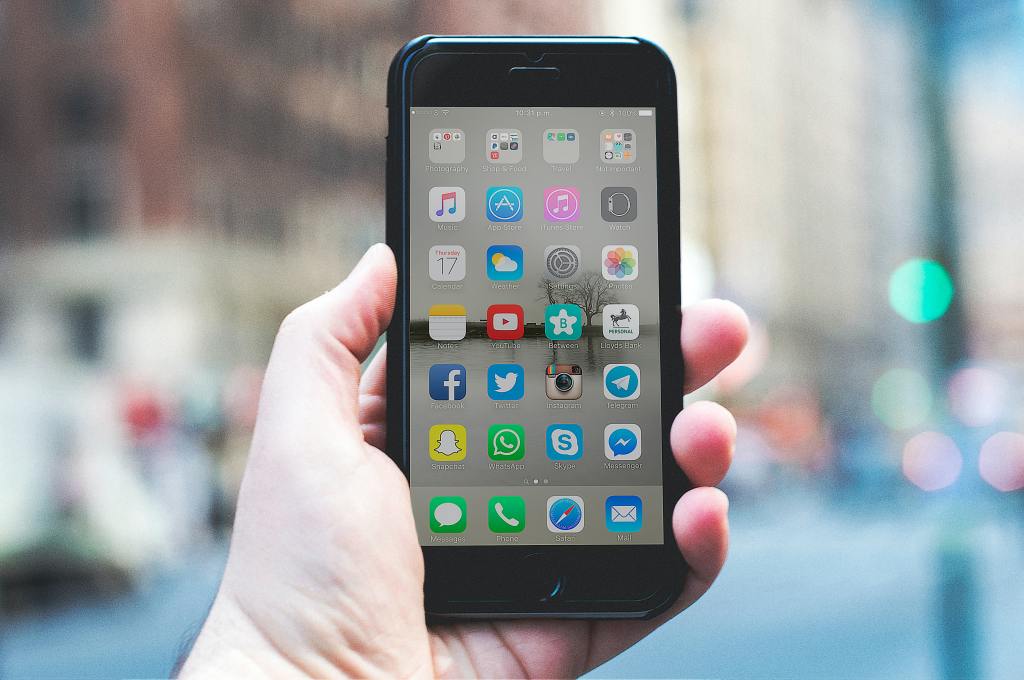
He looked visibly angry and truly so. Ramavtaar Sir (Hindi teacher) had asked the question, Deewaron ke bhi kaan hote hain matlab (What is the meaning of the famous Hindi saying – walls can hear too) ? In all earnestness Girdhari had replied, sir, iska matlab hai, Deewaron ki aankhein nahi hoti (well sir, it means, walls don’t have eyes ) ! Alok and Rajesh 3 were smiling while their other classmates were stunned. Ramavtaar Sir looked deep into Girdhari’s eyes and said, Re dharti ke bojh, Hindi kaksha mein yahi seekhta hai, aayen (Oaf, is this what you learnt in my Hindi class) ? It got uncontrollable for Alok and Rajesh 3 now. They started laughing aloud. Girdhari spilled the beans. Girdhari said, sir, three of us had decided this earlier. Whenever Ramavtaar Sir was going to ask the meaning of this Hindi saying, Rajesh 3 would reply that walls don’t have a nose. And Alok’s reply would be, walls don’t have brains !

Dear reader, think about it, we are living in the age of no privacy, literally ! In ancient India, guarding privacy was encouraged by higher echelons. In popular parlance it has been understood since ages that women shouldn’t reveal their age and men, their income. Ancient texts have mentioned that matters related to family, worship and sex should be kept secret, at all costs. Earlier spies were assigned particular tasks by their kings but eavesdropping was not one of them.

It was the age of India’s first war of independence in 1857. And it was started by a great hero, Mangal Pande in Barrackpore, now a suburb of Kolkata. Subduing Mangal Pandey was second, on the list of, to do list of the then British rulers. It was the first which flabbergasted and foxed them, completely. It was called the Chapati (Indian Flatbreads) movement. The humble Roti (Indian Flatbreads) used to travel to hundreds and thousands of kilometres to every corner of India. These rotis were carried by soldiers, postmen and cops alike. It is said that these rotis were distributed by the patriots across the length and breadth of India to prepare everybody for the 1857 movement. Several times British officers got these rotis opened and dissected in great detail under their own supervision. They did not find anything inside, incriminating !
This paranoia of the then British officials encouraged them to read telegrams, postcards and other postage in the Akhand Bharat (Indian sub-continent). With a stroke of success, hither and thither, they finally attempted tapping the telephones of native Indians. And our fates were sealed, for worse.

From telephones as a medium of communication to the handy pager, the age of innocence was in continuation. In the early 90’s, Frank Canova, an engineer with IBM and his team worked successfully on world’s first smartphone – Simon ! And our world ; each one of us, took a 360 degrees turn.
With mobiles came, text messages (SMS), Facebook, Twitter, WhatsApp, Tik-Tok, Koo etc. Smartphone has led to itching fingers syndrome, quietly. Excessive dependence and usage of mobile phones causes several diseases like nomophobia, cell phone elbow and text neck amongst others. Nomophobia means being afraid of being without a mobile phone or in simple words, no mobile phobia. When you move your neck ahead, in order to bring them before your shoulders, to text a message it is called text neck menace. In, cell phone elbow disease, prolonged stretching of one’s elbow, to keep the mobile phone close to one’s ear, causes pain and numbness in hand or forearm !

Dear reader, shouldn’t we call this era – ‘instant era’ ? Somebody writes something or puts up pics on Facebook, trigerring a fusillade of likes, emojis and comments. A news item (or fake news) arrives on our screens and everybody is busy reacting with tweets, koos and writing on Facebook. Hello, whatever happened to terms like restraint, self-control and rethink, fossilized for history ? A niggle turned into a festering wound in the same way a pet turns into a man-eater !
What about our right to privacy ? This is one of the most oft repeated questions being asked everywhere. On this globe, Germany has the most stringent data privacy laws, right now. As for our Adhaar (Foundation) of privacy in India, a nine judge bench announced in 2017, that right to privacy is a congenital part of right to life and individual freedom, under Article 21 of the Indian Constitution.

On his walkman, Girdhari was listening to a popular Hindi ballad, Dheere dheere bol koyi sunn naa le, Sunn naa le koyi sunn naa le (Speak in whispers else others will know). He was trying to find the real meaning of these words when he remembered, suddenly. On the western wall of the central hall of his alma mater, C M S High School, it was written prominently – quick to hear and slow to speak ! Smile came on Girdhari lips when he remembered how Ramavtaar Sir had explained the meaning of that famous Hindi saying which Girdhari had messed up royally that day. Ramavtaar Sir had asked everybody to be careful before speaking or writing because words once spoken or written don’t remain secret, anymore. Since that day Girdhari has always believed that, privacy goes for a toss whenever one opens one’s mouth, to speak !

Very good
LikeLiked by 1 person
We are living in unreal world amidst uncertain times. Keep writing in.
LikeLike